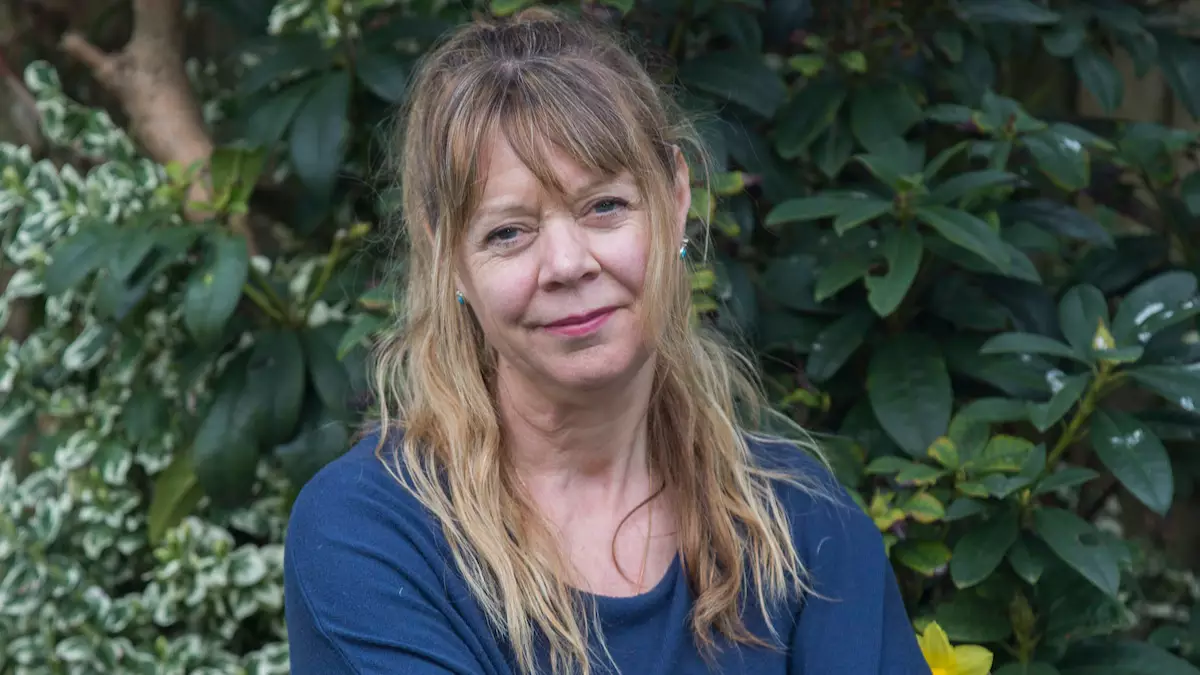
A woman is warning others to research the risks of IVF after she developed a brain tumour "the size of an orange".
Serena Jardine, 53, from Worthing, had five rounds of IVF to conceive her son James, aged eight. Now, Doctors have said it is likely the tumour - which is not believed to have been caused by the treatment - mushroomed in size as a result of the rise in hormones.
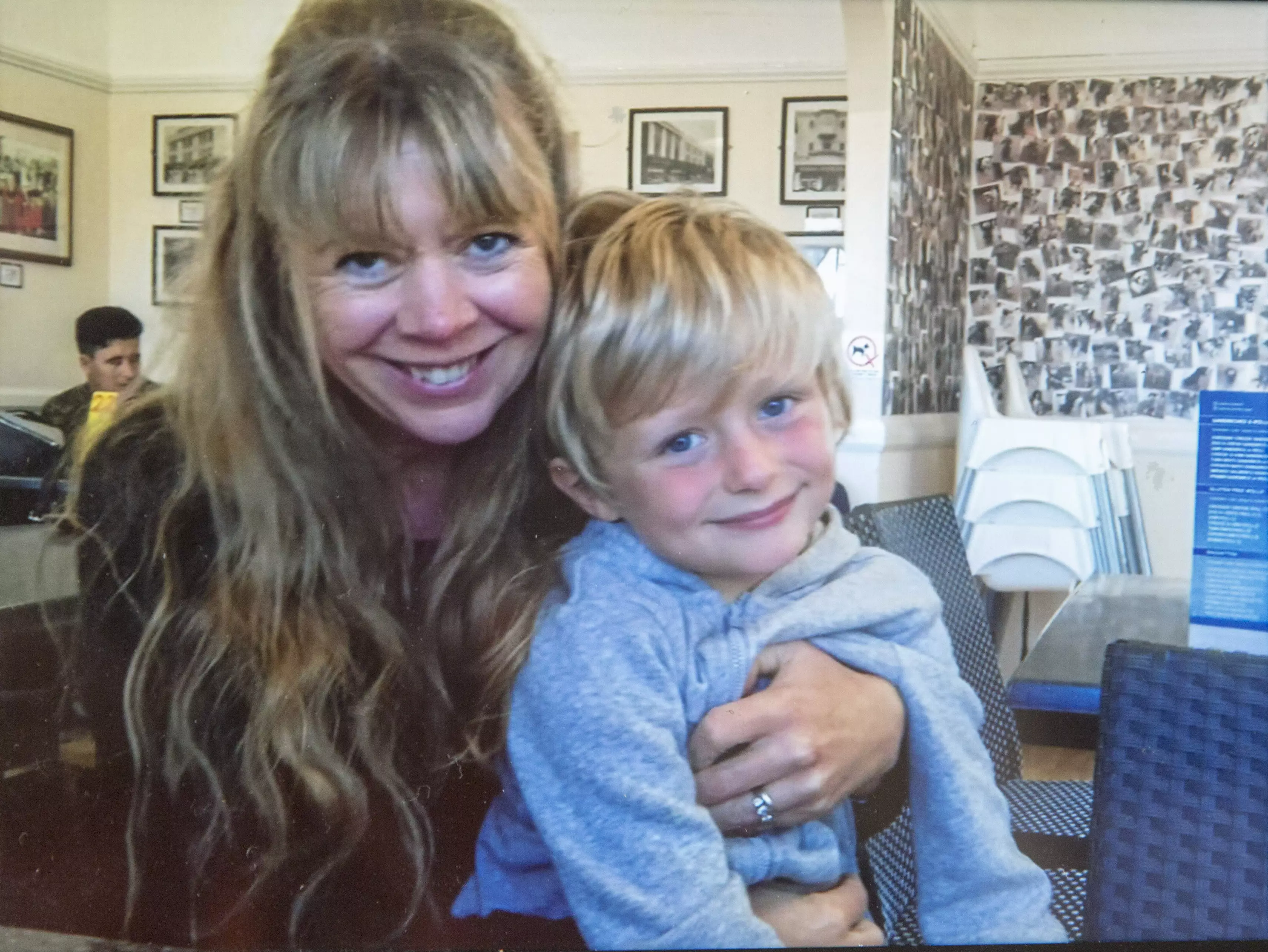
"No-one told me anything about the potential downsides - it was just 'this is what we have to do to get you a baby'," said Serena.
Advert
"There isn't enough information about the actual drugs you are given. You are told that you have to inject this every day and take that, but nobody really goes into what these hormones might do to your system and the potential harm they can do. Obviously I am overjoyed to have my son, but it was not an easy journey."
Serena and husband Scott, 50 had been trying to conceive for three years and in 2008 decided to try a round of IVF - where eggs are collected from the woman and fertilised in a lab before being put back into the womb.
The technique also involves the woman injecting herself with hormones to suppress her natural cycle before taking Follicle Stimulating Hormone (FSH) to boost egg production.
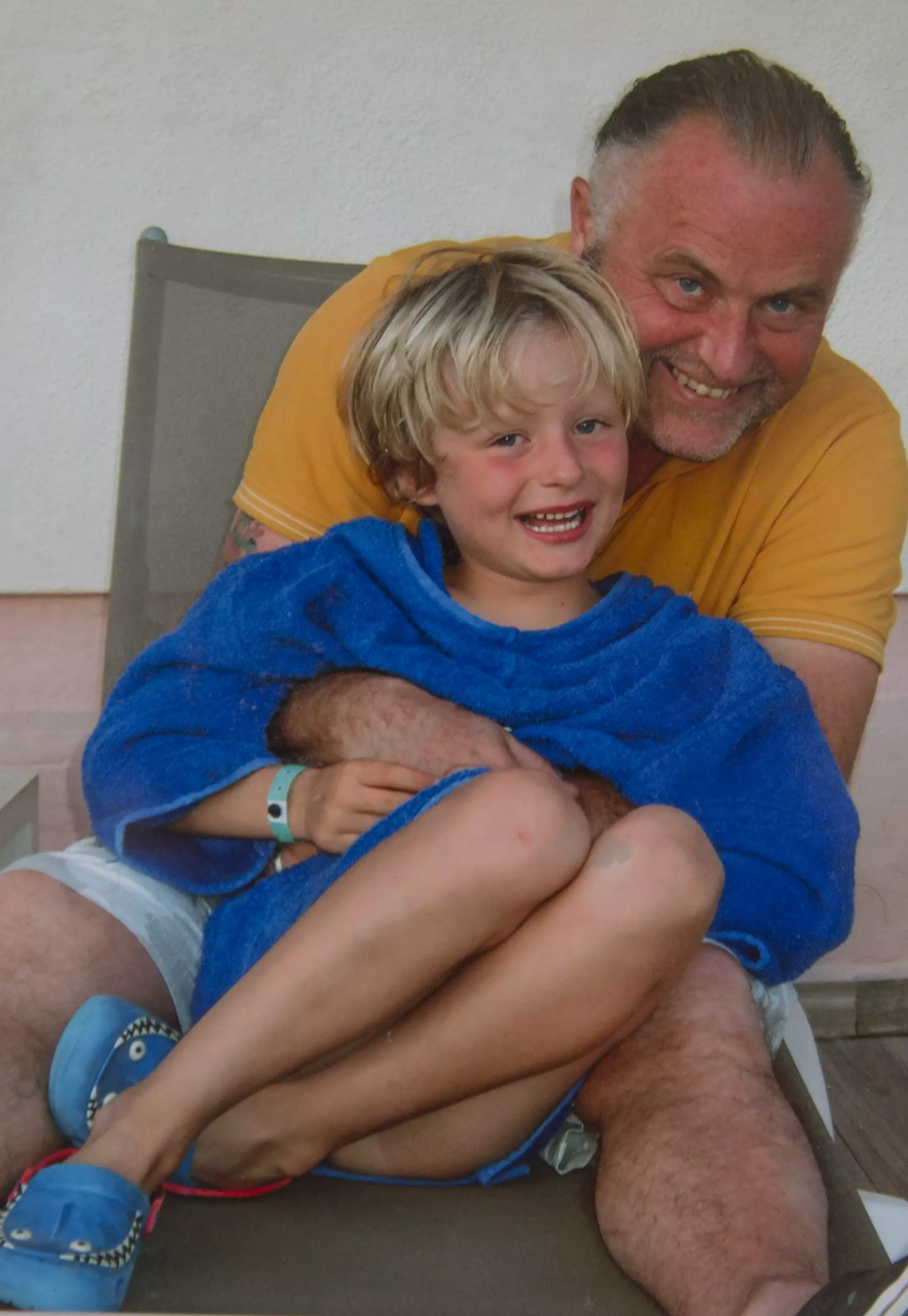
Although initially successful, the couple lost their baby at 12 weeks. They tried a second round, which sadly didn't work.
Advert
Although the pair didn't think they could finance another round, a friend mentioned they could get cheaper treatment abroad and in 2010 they flew to a clinic in Prague, where again Serena became pregnant but suffered an early miscarriage.
They had a second attempt the same year, but this again failed. After further investigations, they discovered a mutated gene was causing Serena's body to view the growing embryo as a foreign body.
They were offered a place on a trial and after another round of IVF and £35,000 down, Serena fell pregnant, giving birth to baby James - weighing 7lbs 6oz - in December 2012.
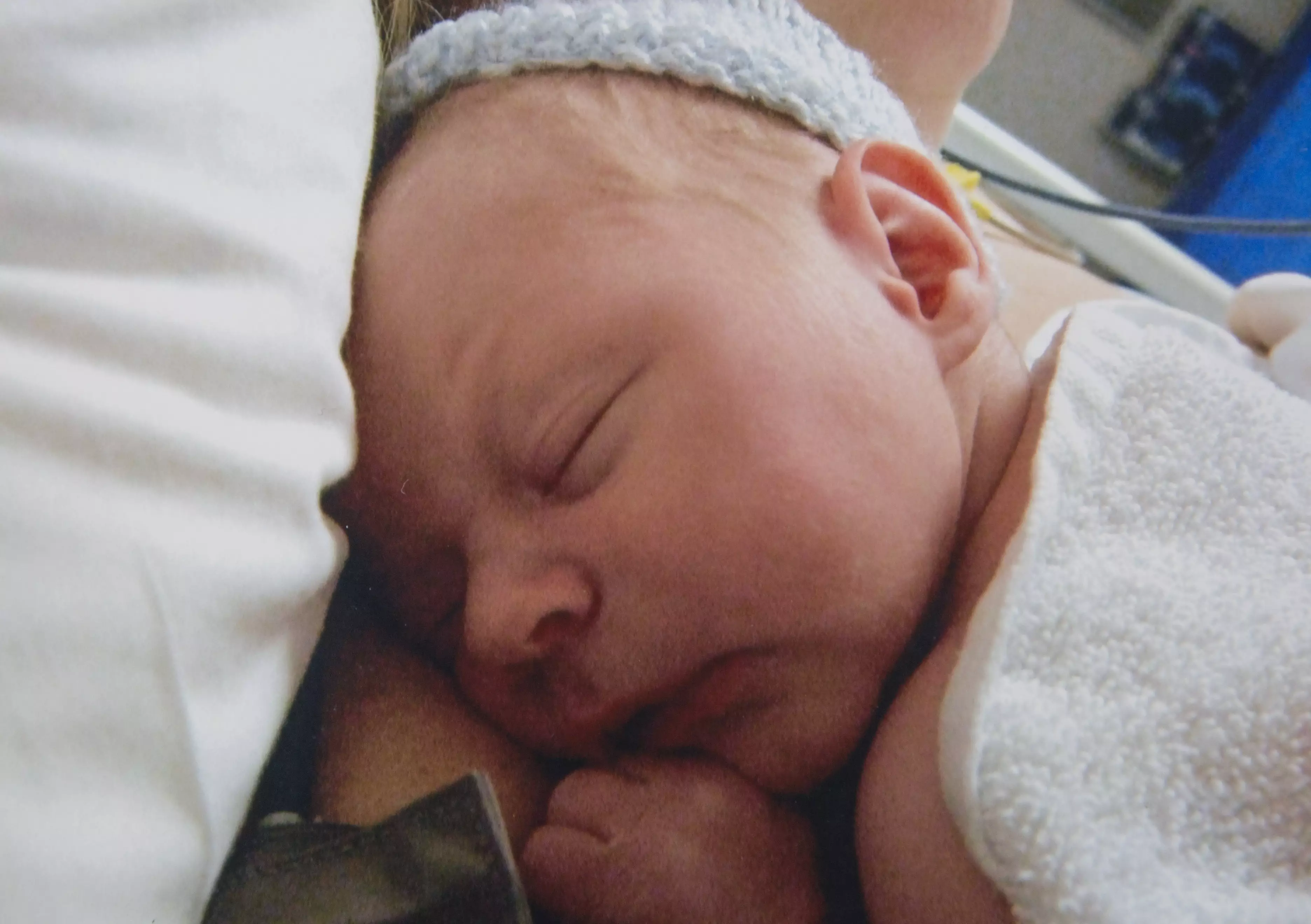
"When I finally got to hold James it was just amazing, it was phenomenal," Serena said.
Advert
"I can't express the sensation of finally - having gone through everything we'd gone through - having this little bundle of joy. It was just absolutely amazing."
However, not long after James' birth, Serena feared she was suffering from postnatal depression. She also started experiencing dizzy spells and migraines.
"I thought it was just sleepless nights and started making excuses, but I began doing stupid things like leaving the keys in the door, I'd forget to take my handbag out with me, and then I started having the occasional really bad headache six months after James was born," she said.
"I'd have to lie down in a dark room and I'd be sick with them. They were quite severe. And in the meantime I was always forgetting things. I went to the launderette and I'd been to the butchers to get some meat and promptly left it all in the launderette.
Advert
"My character changed too. I was instantly angered if something upset me and was very emotional. And I'm a very mild-mannered person. I'd fly off the handle at the slightest things.
"Then one day I'd gone to take the dogs for a walk and I came back and Scott asked me a question and I discovered I couldn't speak. He took one look at me and said my face had dropped."
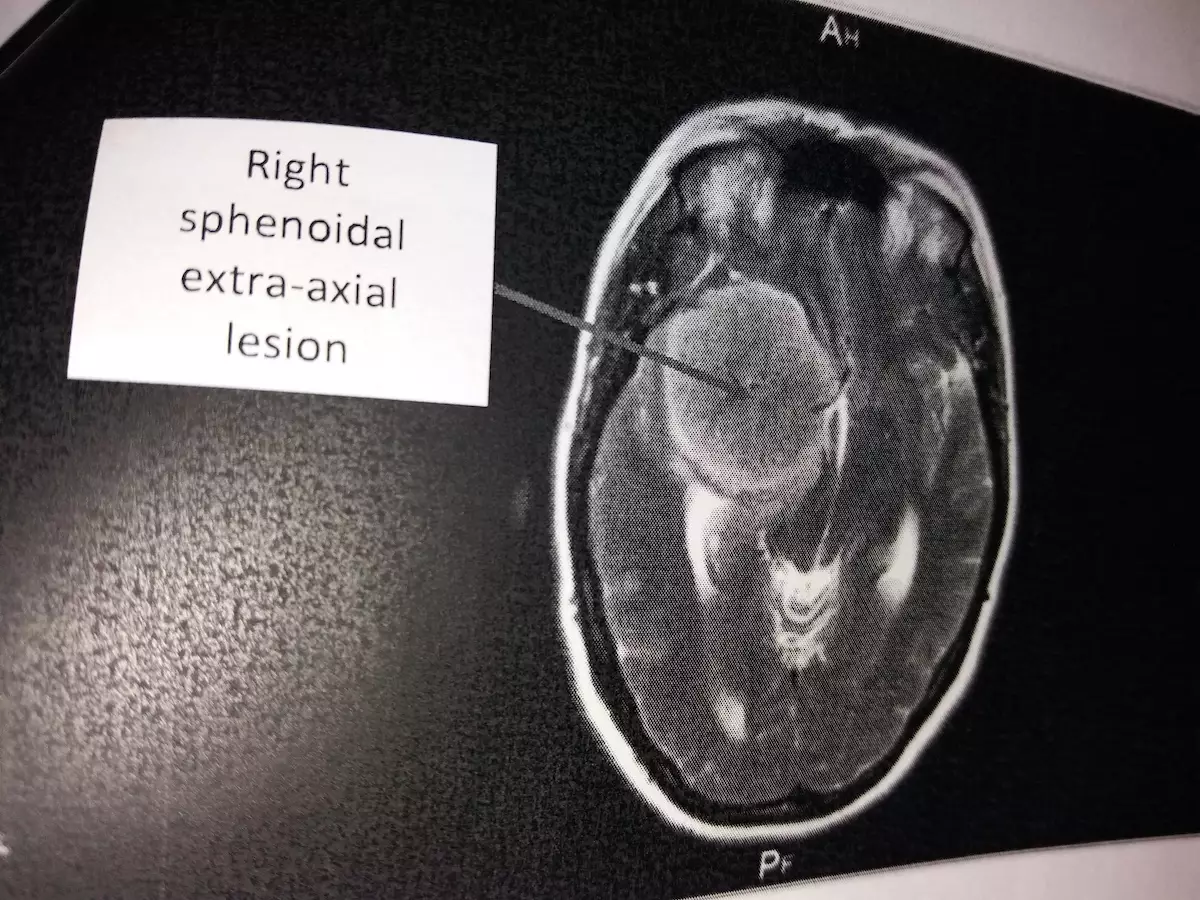
The couple raced to hospital where tests were conducted. While staff initially thought it was migraine related, Scott insisted on further investigations and a CT scan was performed.
Advert
"Suddenly I had three nurses running around me saying 'do not move. Sit down," Serena explained.
"They said 'we're calling an ambulance and taking you straight to another hospital. You have a huge brain tumour'.
"I instantly thought 'that's it, I'm going to die.' I froze."
A further MRI scan showed the right-sided tumour was the size of a large orange and Serena's brain was so squashed it had caused issues with her memory and balance.
Serena was given steroids and three weeks later, endured a 10-hour brain surgery, with the surgeon admitting he wasn't sure she would survive it.
Doctors also found that the tiny tumour was visible on a head scan she received in 2006 after suffering ear aches, but had been missed at the time.
As a benign yet hormone-dependent meningioma, it's thought the growth exploded in size after the repeated IVF hormones.
"I gave James a special kiss and cuddle before I went in, it was so emotional," Serena said.
"In the week before the operation we also had to do our wills and make sure everything was in joint names.
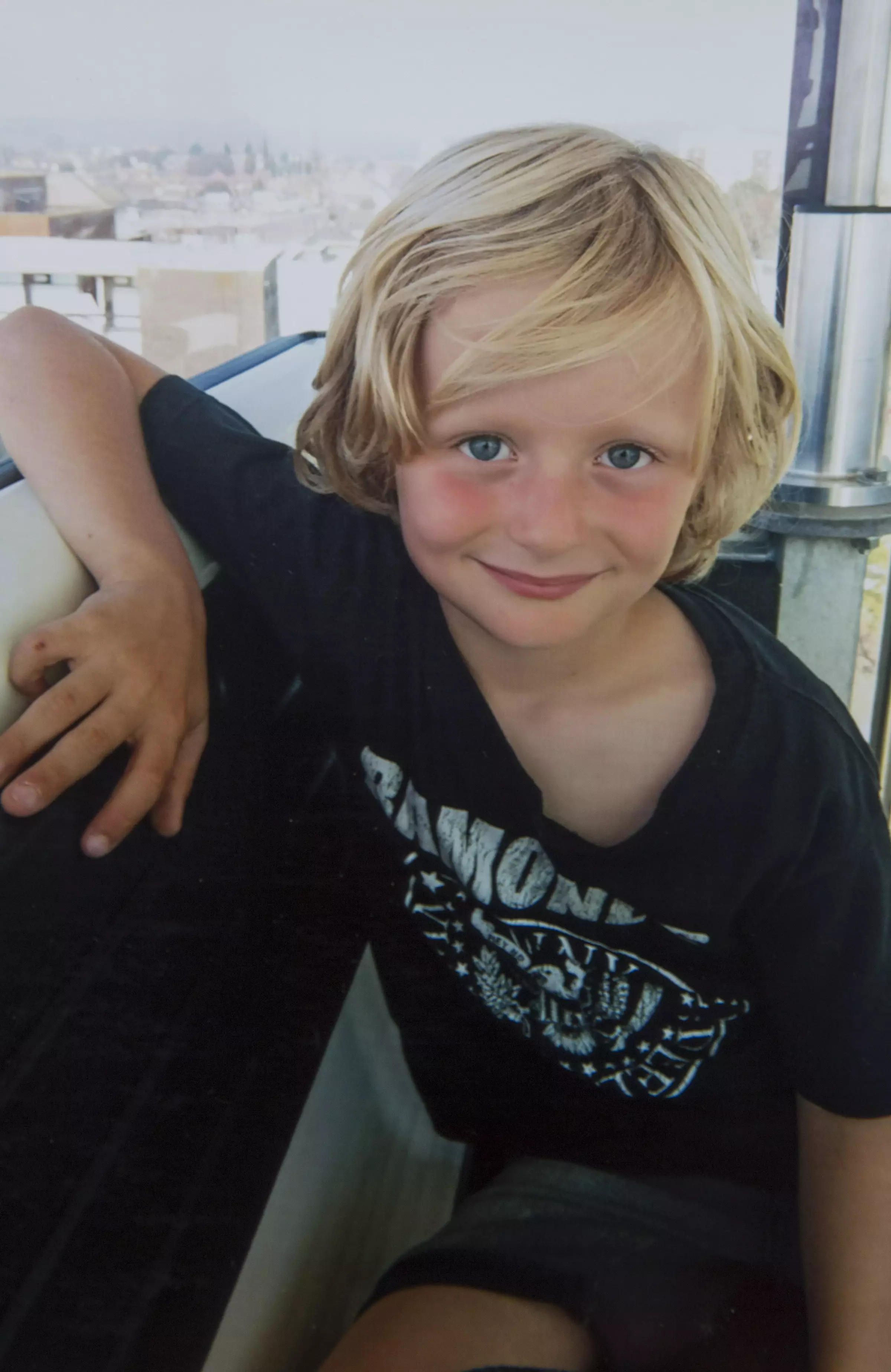
"We had to prepare for me not coming out of it. But I remember saying to the surgeon, you get me through this and I will do the rest. I am not leaving James."
Thankfully, the surgery was successful and although it caused Serena to lose sight in her right eye, affected her thyroid and sent her into the menopause, she is currently well.
Five per cent of the tumour was left as it was wrapped around her optic nerve and close to major blood vessels. It will continue to grow, but hopefully at a slow pace and radiotherapy may be necessary in the future.
Currently, there isn't sufficient research into the links between IVF and brain tumours, but but it is known the type of tumour Serena had often grows when hormone levels increase.
In 2016, researchers in Canada reported on the case of a 36-year-old whose tumour exploded in size after she underwent fertility treatment.
And research just two years ago found that in a study of 206 women with meningiomas, 12 per cent had undergone fertility treatments.
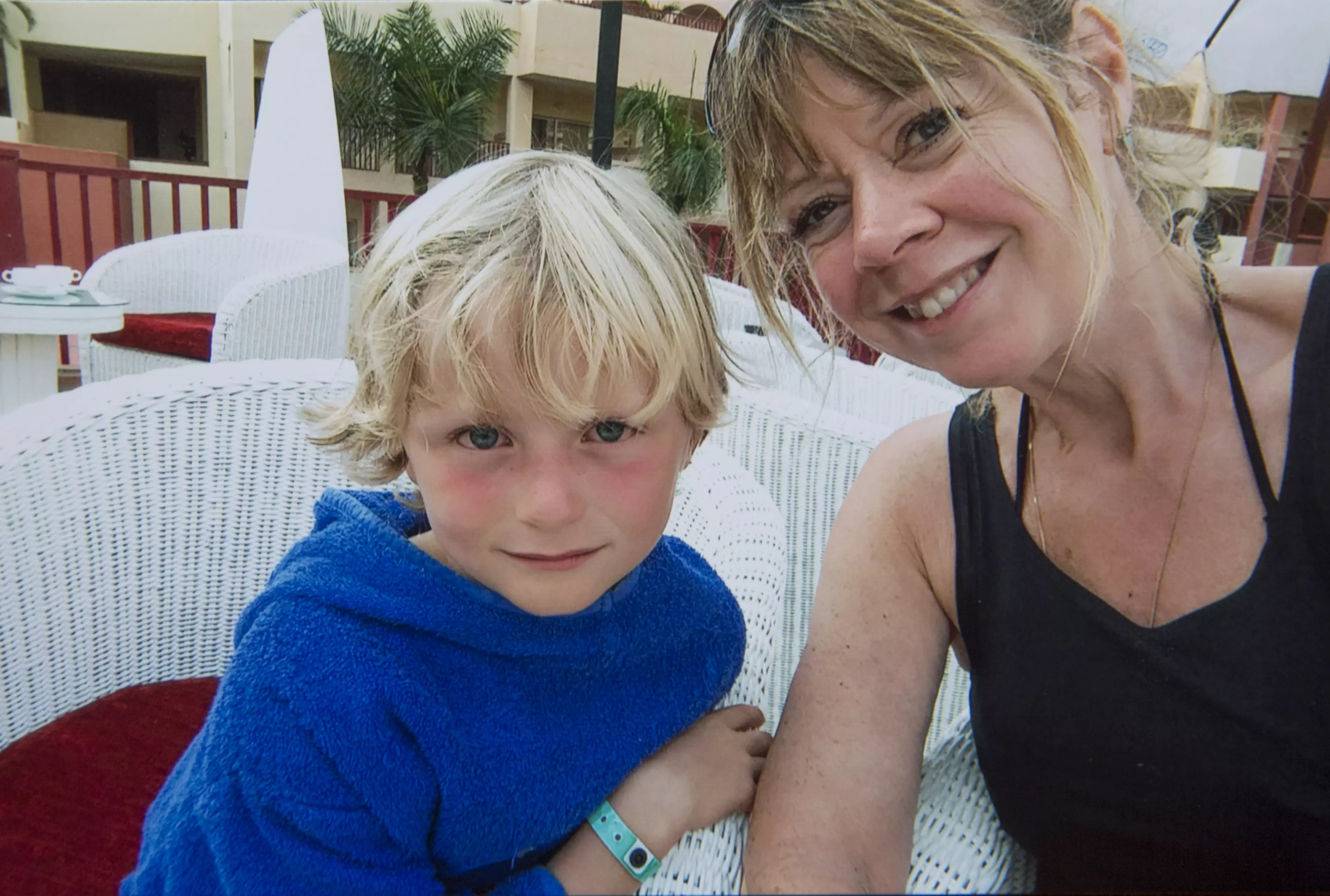
Consultant neurosurgeon Dr Anthony Ghosh trained under Dr John Norris, who carried out Serena's brain surgery. In his opinion, there was undoubtedly a link between her hormone treatment and the growth of the tumour.
He said: "Meningiomas arise from the lining of the brain, what we call the arachnoid layer, and you often find them adjacent to the skull.
"The majority are benign and there is a two to one female to male ratio which is where the original theory came about that there are estrogen and progesterone receptors on them.
"If someone has a small meningioma you wouldn't advise her never to have IVF but you'd give her some warning that they can grow and it may be worth keeping it under surveillance.
"Of women that do have meningiomas, about 12% of them have had IVF in the past and we think a bit over two thirds of meningiomas have progesterone receptors on them and about 10 per cent are responsive to estrogens.
"We have also seen women with gender dysphoria who are given estrogen therapy grow multiple meningiomas and when they stop the treatment we see the meningiomas regress.
"We know there are cases of women with a brain tumour that after IVF became massive. You can't say IVF can develop a new brain tumour or meningioma but if you have one, it can cause it to grow."
Featured Image Credit: Triangle News